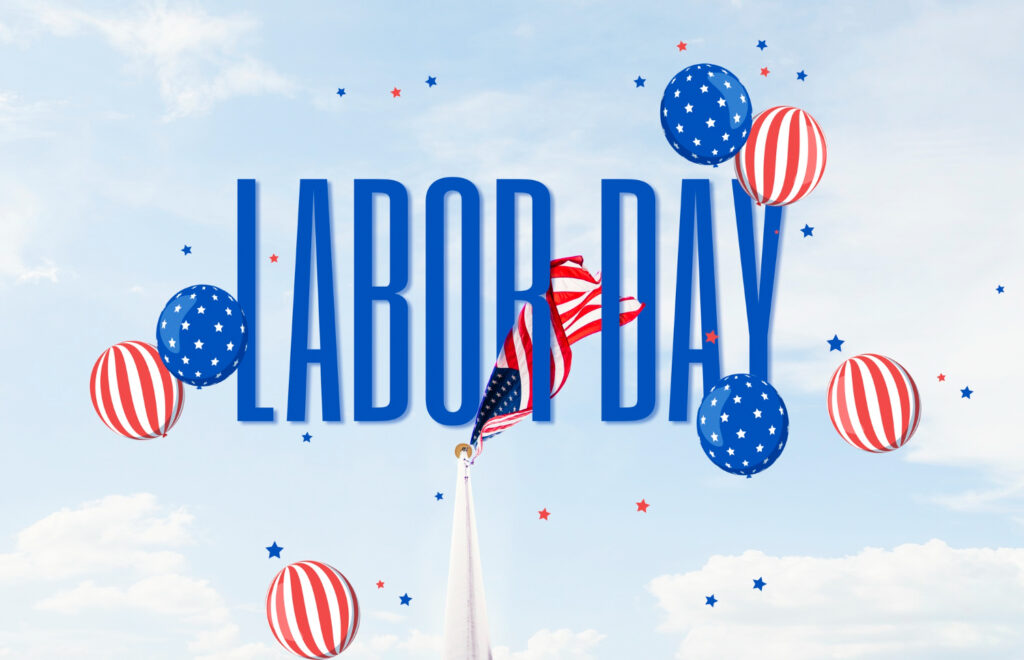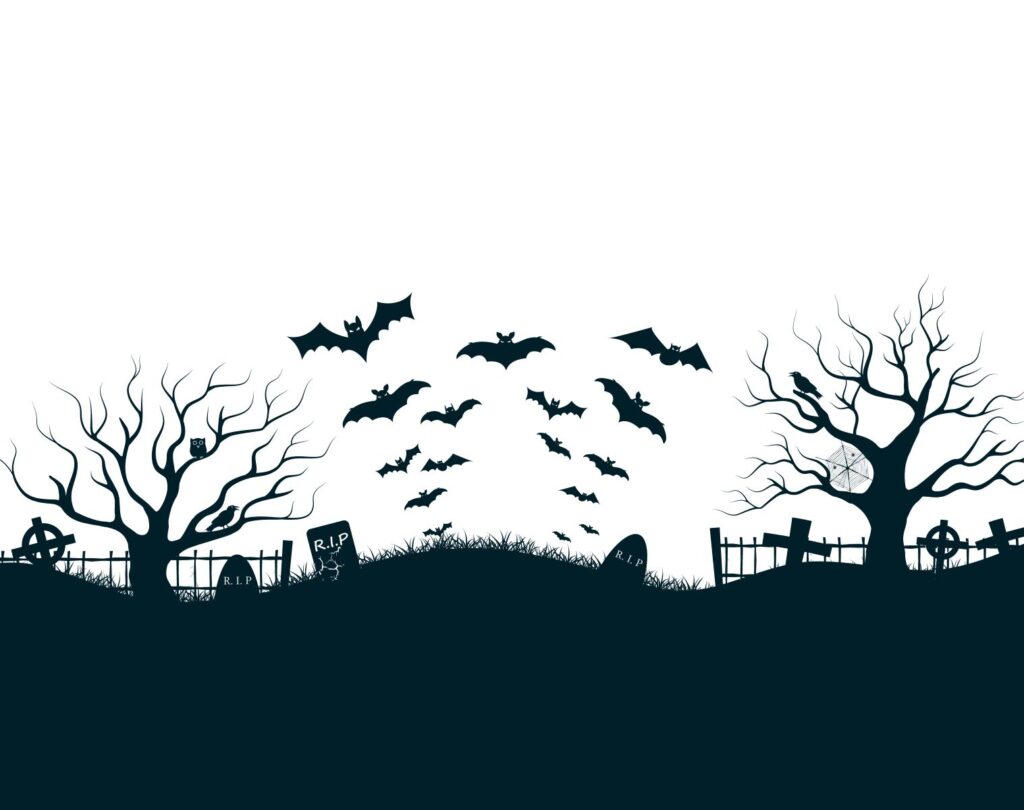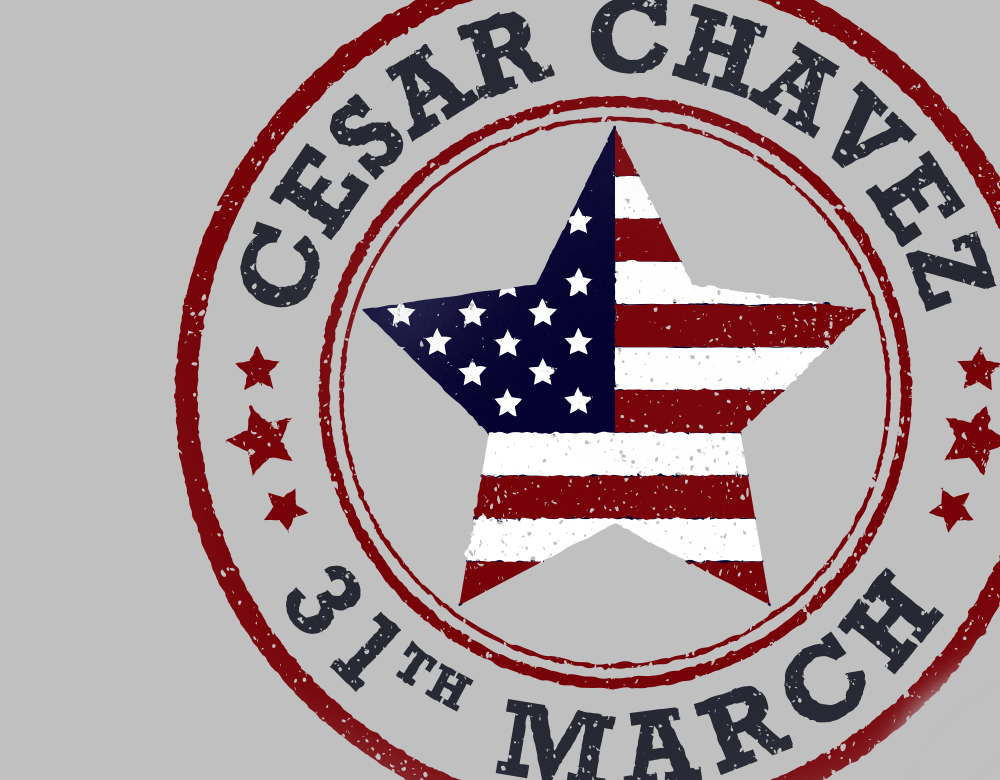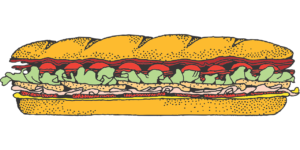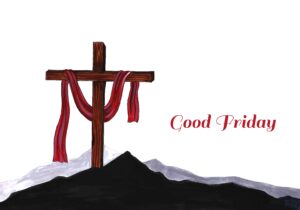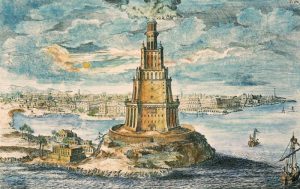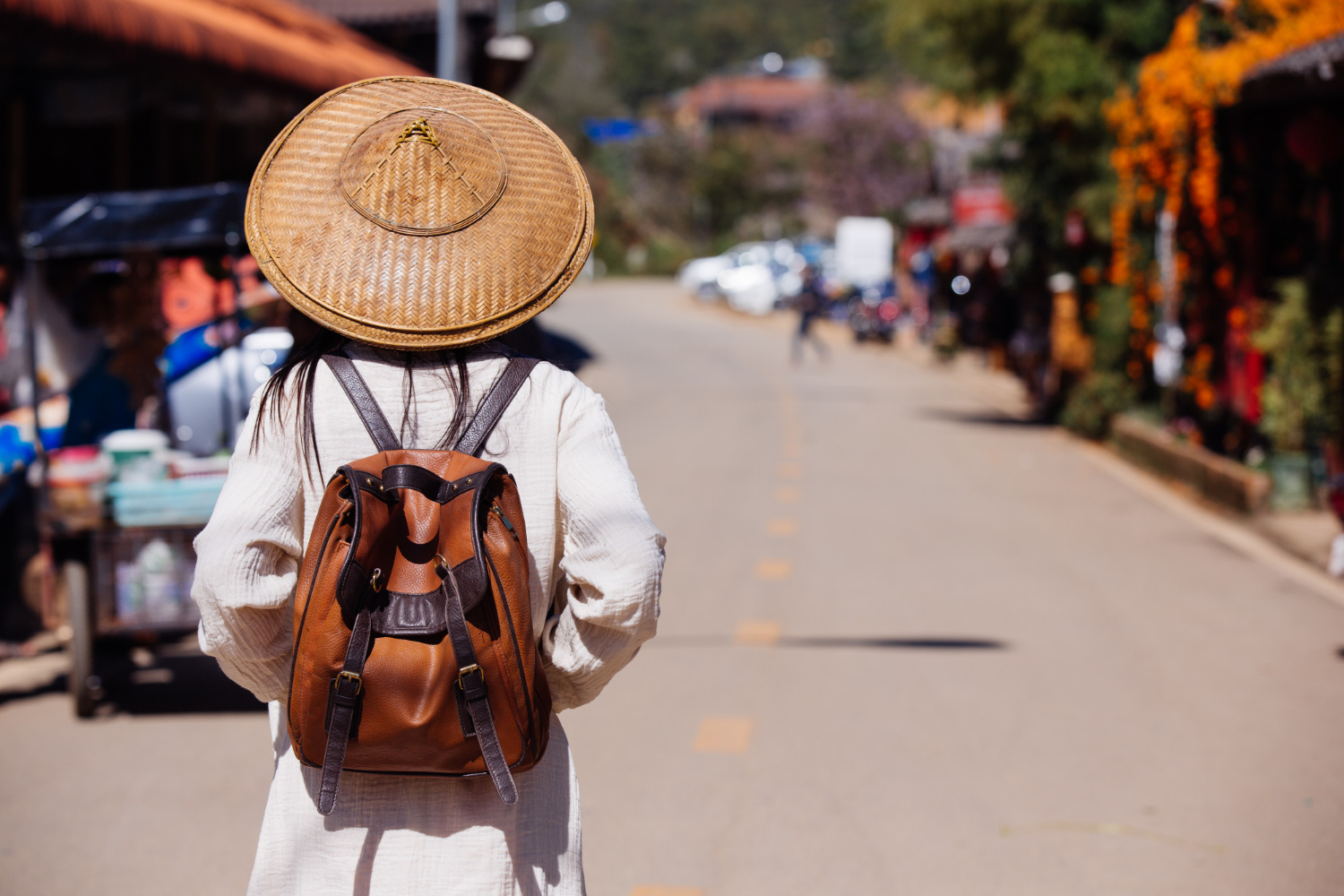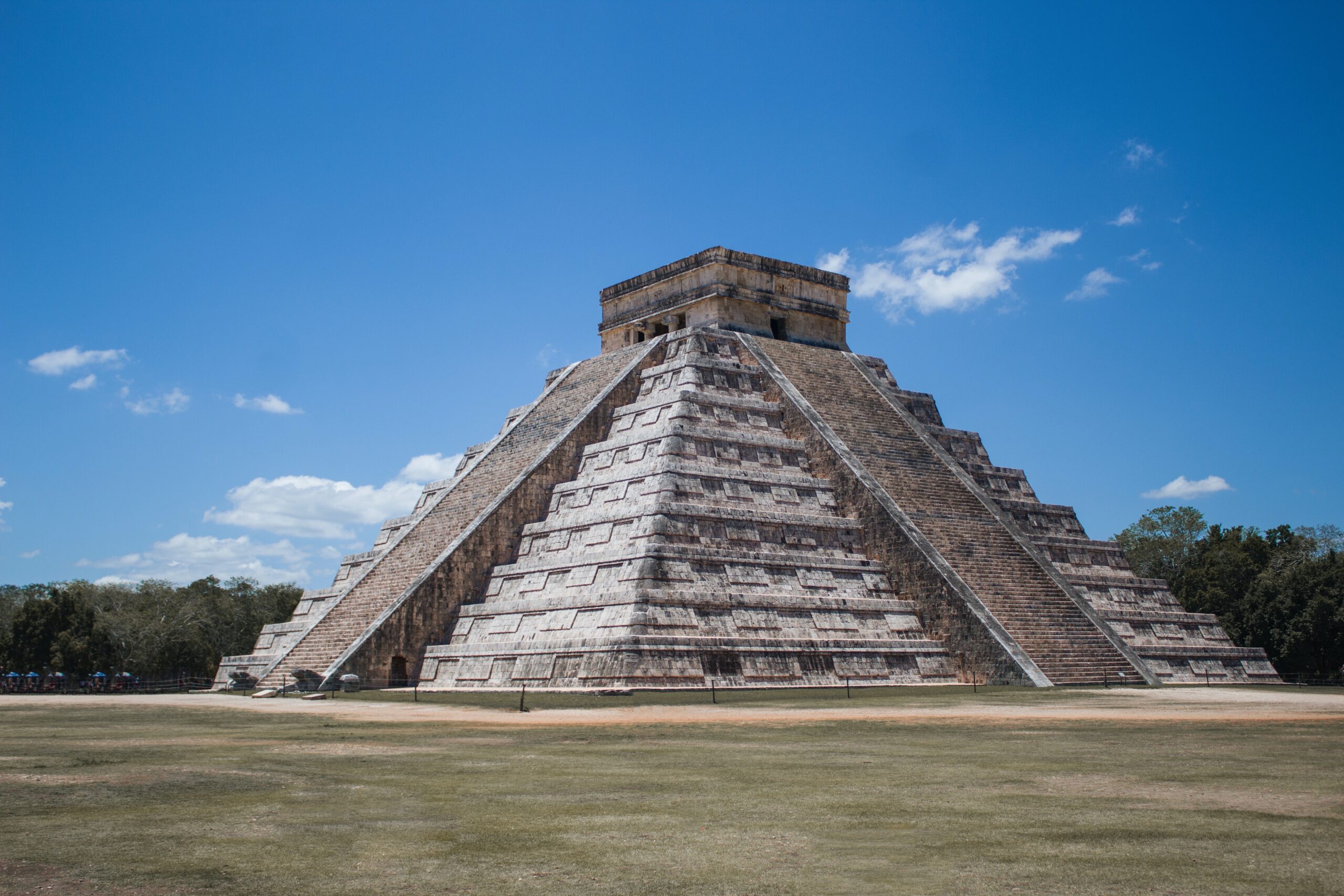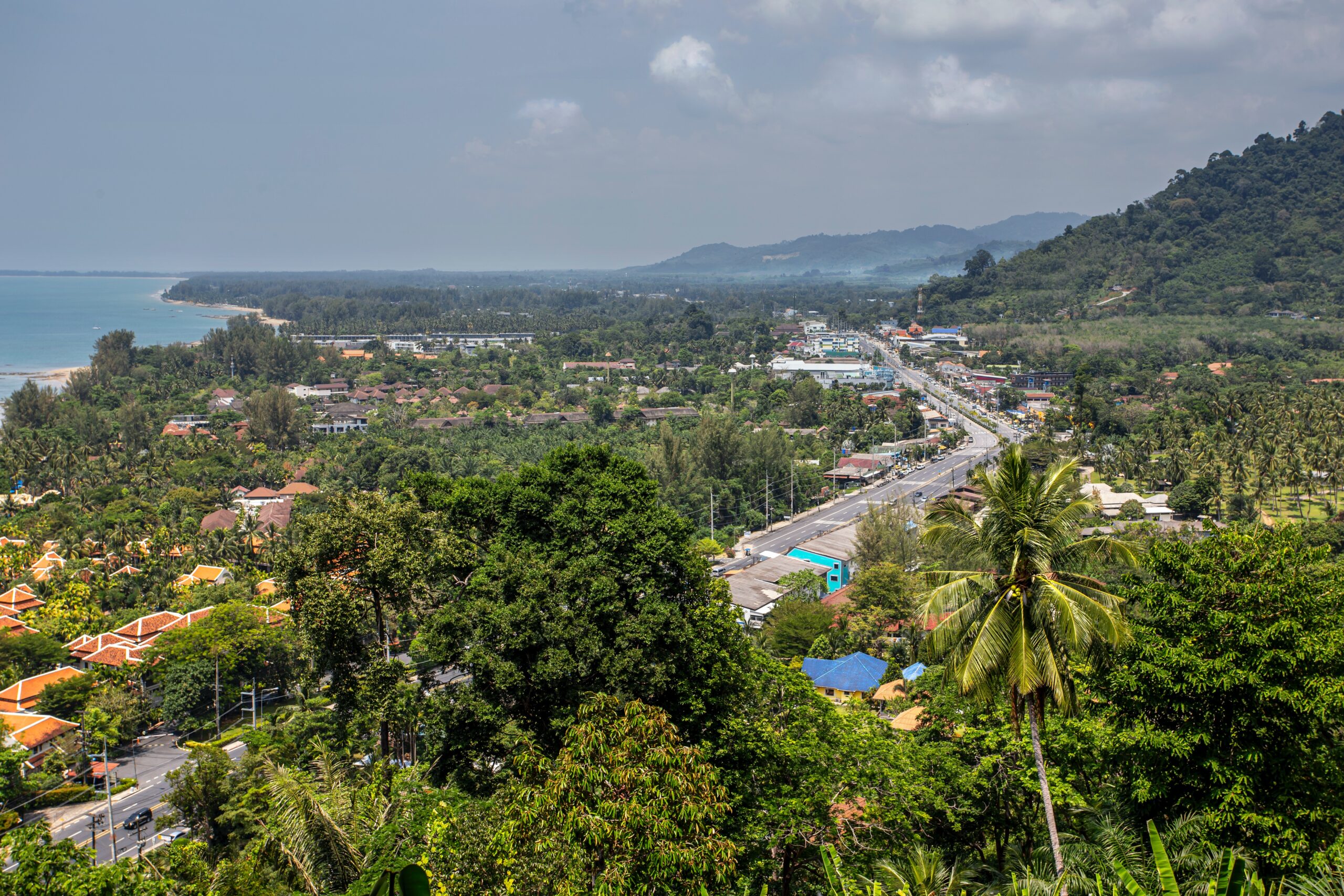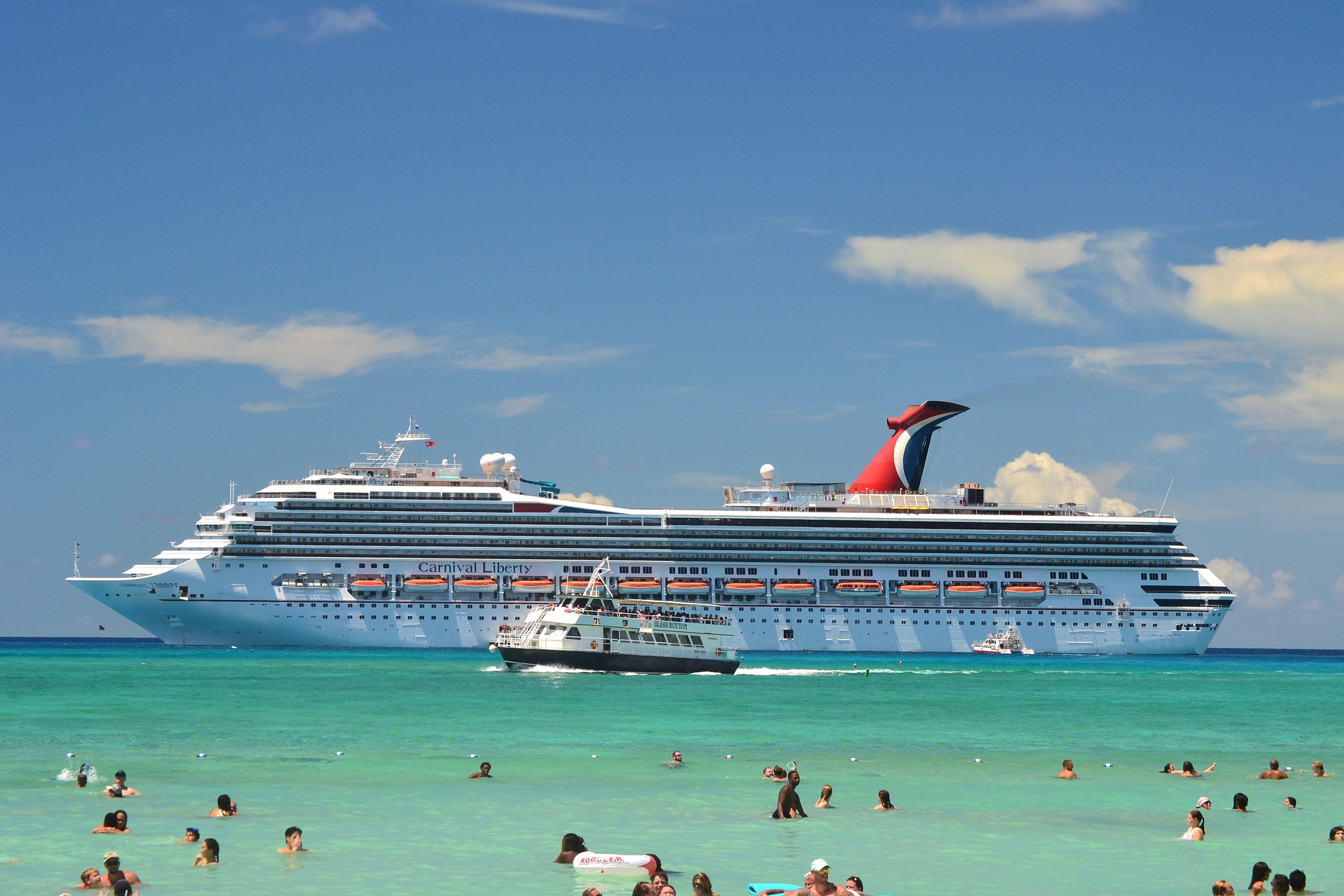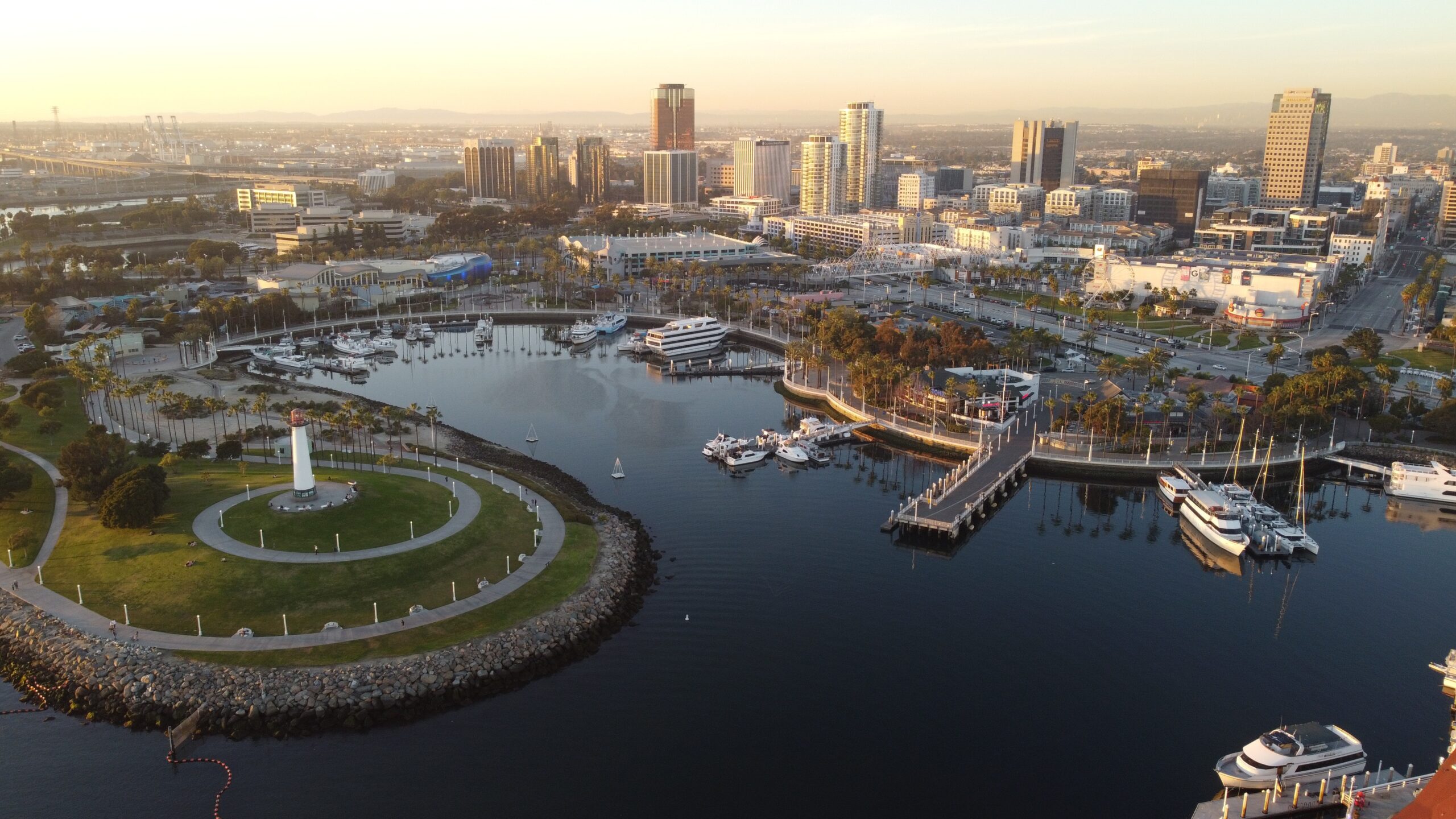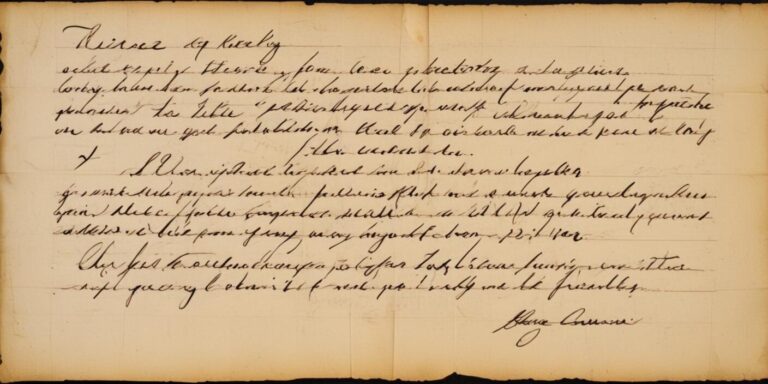César Chávez Day honors the Mexican-American civil rights activist, known for his worker’s rights, Latino American rights, and animal rights. Every March 31, several states commemorate his work for social justice with spotlights on the issues that he worked with, including debates, media events, and lectures. Schools often integrate educational features on Chávez around this time. Celebrations are often concentrated in areas with a large Mexican-American community.
As he worked with issues such as wages, worker’s rights, pensions, medical coverage, and other civil rights issues, many of these debates are still alive today. On this holiday, Chávez’s views on these issues are brought into the spotlight, reminding citizens of his value for human dignity and kindness. Many states close their offices and schools. Several schools, streets, and other monuments have been named after him.
César Chávez Biography
On March 31, 1927, Chávez was born in Yuma, Arizona to grocery store owners and ranchers. However, the family lost these possessions in the Depression and then moved to California, becoming migrant farm workers. The family worked with crops such as cherries, cotton, and grapes. He and his sister often aided the migrant farm community by giving workers rides to see doctors. Chávez dropped out of school in the seventh grade help his family by working in the fields. When he was seventeen, Chávez joined the Navy, hoping for valuable instruction only to find that Mexican-Americans could only work minor jobs such as deckhands in the Navy.
After his service, he married and continued working on farms, leaving the work in 1952 to organize the Community Service Organization. His first focus was to work with cases of police brutality. In 1958, he became director of the organization, travelling California to make lectures in support of worker’s rights.
His next project was founding the National Farm Workers Association, which changed its name to the United Farm Workers. The group played a role in supporting the Filipino American workers protesting in the Delano grape strike for higher wages, leading the California strike in 1965. For five years, the National Farm Workers encouraged a boycott on table grapes. Chávez then supported similar movements and protests in Texas.
The UFW went on to organize many more strikes and boycotts in the 1970’s. The Salad Bowl strike was the largest farm laborer strike to take place in the United States, which won higher wages for lettuce and grape workers. The UFW also saw to the passage of the California Agricultural Labor Relations Act, winning collective bargaining for farm workers. In the 1980’s, Chávez was a leading figure in the boycotting of grapes because of the use of pesticides, which are toxic to both workers and consumers.
A main form of protest for Chávez was fasting, with one fast lasting 25 days. He was greatly influenced by the nonviolent protest movement, such as Gandhi’s fasts and the Catholic theme of penance. In honor of animal rights, Chávez was a vegan. He died of natural causes on April 23, 1993 of natural causes.







